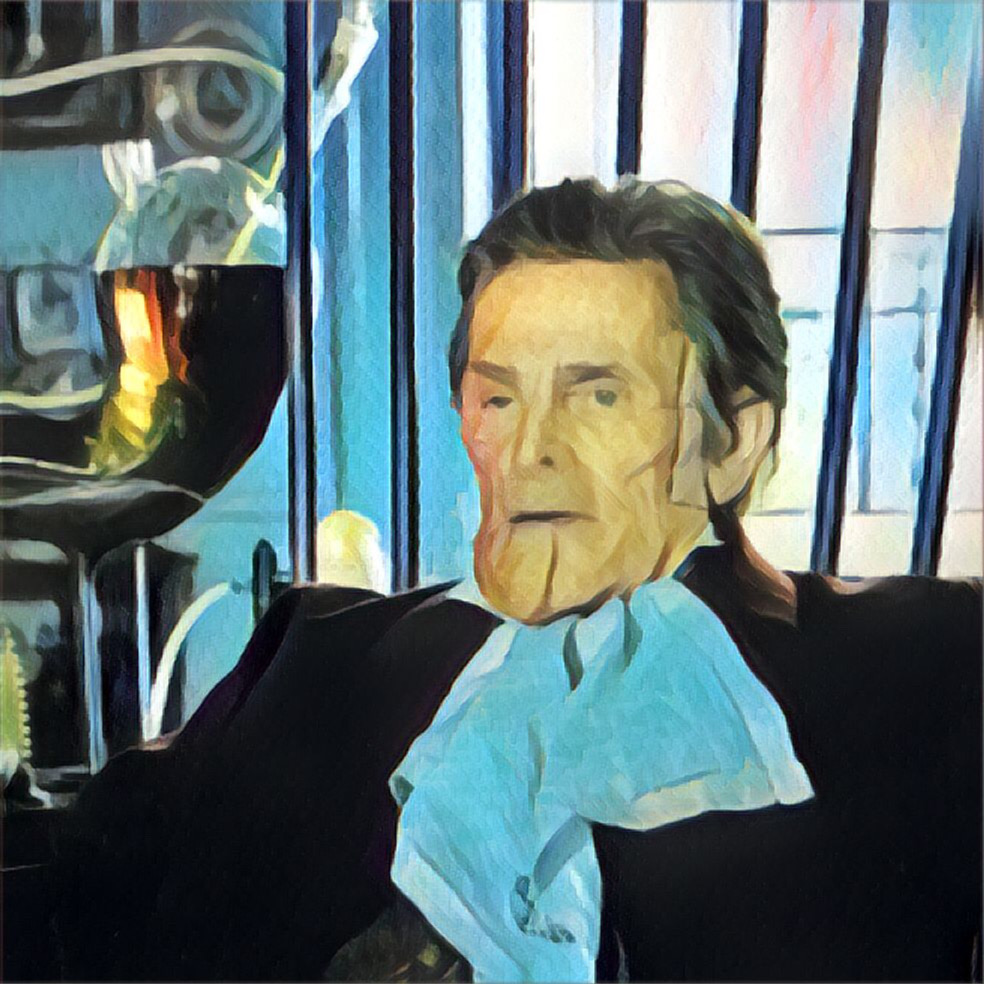Logline of Poor Things: Brought back to life by an unorthodox scientist, a young woman runs off with a lawyer on a whirlwind adventure across the continents. Free from the prejudices of her times, she grows steadfast in her purpose to stand for equality and liberation.
Script Can Be Found Here
Summary of Poor Things:
Plot Summary: Beginning in 1882 London, Poor Things centers on eccentric surgeon/professor Baxter (Willem Dafoe) and his charge Bella (Emma Stone). Having suffered a brain injury, Bella seems developmentally disabled given her impeded speech and mannerisms, but, per Baxter, is on the road to recovery. Max McCandles (Ramy Youssef), a young medical student, is entranced by Bella. Max senses that Bella wants to be set free, but Baxter admits that “she is an experiment and I must control the conditions or else the results will not be pure.” On an outing, Bella tries to escape, but Baxter chloroforms her (much to Max’s shock). She eventually throws herself off a bridge to kill herself. Baxter then operates on her, replacing her brain.
When she comes to, Bella has a bit of a sexual awakening. Baxter notes the attraction/love that Max has for Bella, suggesting that they marry. He draws up a marital contract for Max to sign. Duncan Wedderburn (Mark Ruffalo), a lawyer, meets Bella and wonders why she would sign a contract that would completely restrict her; he even says “You are a prisoner and I aim to free you.”
He invites her to travel with him to Lisbon. Bella tells Baxter and Max that he is going to Portugal with Duncan, and they attempt to prevent her from going, but she’s able to escape. In Portugal, she and Duncan have plenty of sex, and she explores this new Portuguese world around her. As she is still somewhat of a child developmentally, she often speaks candidly much to Duncan’s chagrin, embarrassment, and eventual hurt. While aboard a ship, Duncan wants Bella to marry him, but she mentions that she’s still engaged to Max McCandles.
At a port of call at Alexandria, she and newfound friend Harry (Jerrod Carmichael) see a different (and more squalid) part of life. She steals Duncan’s money to give to the poor, which enrages him. Without money, they nevertheless continue onward to Paris, and she becomes a prostitute which again enrages Duncan. She continues with the line of work, and she befriends fellow prostitute Toinette (Suzy Bemba). Duncan tries to win her back, but she refuses.
Meanwhile, Max and Baxter receive a letter from Duncan, and Max tracks him down in an asylum and then sets out to find Bella. Bella receives a letter from Baxter indicating that he will die soon, so she returns. Baxter finally lets her know that she is her mother as well as her daughter (due to the operation). She also discovers that they created Felicity (Margaret Qualley).
Just as Bella is about to marry Max, Alfie Blessington (Christopher Abbot) interrupts the service. It comes to light that he is attempting to reunite with Victoria, his wife who committed suicide (and whose brain Bella currently possesses). Reunited, all seems relatively well until Bella discovers that Alfie has nefarious plans involving a clitorectomy. She struggles to leave, and Alfie gets shot in the foot. Bella aids Max in the surgery to remove the bullet. Bella then says goodbye to the dying Baxter.
The final scene is set at Baxter’s house garden; Max is making drinks, Toinette and Bella lounge, and Felicity plays with Prim. Like a human lawnmower, Alfie eats grass.

What does Poor Things do well?
Poor Things presents a fantastical, offbeat world that would lend itself better to compelling visuals than to nuanced character development.
Here are some of the highlights.
- Unique World – London, Lisbon, Alexandria, and Paris don’t feel like literal cities, and in the hands of the right director (I haven’t seen the film) could present a beautiful and intriguing world. For instance, there are half-pig/half-dog animals, and the whole feel of the film feels like some fantastical chapter of history the world had forgotten.
- Unique Protagonist – Bella Baxter, who is first working with the brain of a child and then with that of Victoria Blessington’s, would pose some incredibly fun challenges to any actress playing her. Not only does she seem completely defined by the men surrounding her, but she has quite a few awakenings (sexual and otherwise) in the piece. This doesn’t feel like a conventional coming-of-age role.
- Elevated Dialogue – What’s also unique is the dialogue is whimsical and elevated, even unafraid to be immature at times. Bella’s dialogue is at its best when she’s blunt and unfiltered in polite society or making quips like “I have adventured it and found nothing but sugar and violence. I am fine…I must lie down and you must lie down on top of me and do some more furious jumping.” Again, it poses some fantastic opportunities for actors who may be tired of the same-old realistic, bland dialogue.
I will say that this film really challenged me in following Bella as a character. It was hard for me to see what her internal world is like (or even if she has an internal world). I also didn’t get the sense that this was a type of feminist story. She seems way too controlled by the men around her, and the liberation doesn’t feel completely earned at the end.
Still, I applaud the film for its audacity.

